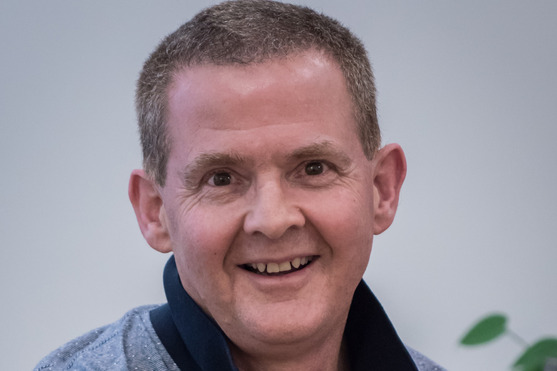
The non-profit Pledge 1% movement has prepared detailed guidance on ways for USA-based members to implement their equity pledges. There has been no equivalent guidance in Australia, until now.
Startup founders want to have an impact on the world around them. They are fixated on disrupting established industries in a way that makes life better for customers. They’re often also focused on wanting to make a philanthropic commitment related to social or environmental causes.
Businesses doing good in the world is also important to employees across industry sectors and in both large and small companies. In Atlassian’s 2020 Return on Action report, 69 percent of Australian workers said businesses should be just as concerned with their societal impact as their financial performance.
In 2014, Atlassian co-founded Pledge 1%, a non-profit that helps startups globally bake philanthropy into their business model.
Pledge 1% participants can choose to pledge 1% of equity, profit, time, product, or a combination of all four. As they grow, so does their contribution to society.
Pledging equity is feasible for all companies, but it is particularly relevant for startups, who are interested in giving back but may have low or even no profit.
Australian equity pledges have in the past been made via a public statement.
There’s been good intent, but no legal substance to validate this deep commitment to making a difference. A change in circumstances could mean that a well-intended pledge never translates into non-profit funding.
That is why the Atlassian Foundation partnered with PwC Australia, Herbert Smith Freehills and Australian Philanthropic Services, who each provided pro bono support, to create a Deed of Equity Gift. The Deed provides a clear legal pathway for founders to formalise their pledge of equity to their chosen non-profits, clearly demonstrating their commitment to employees, customers and other stakeholders.
At its core, the Deed legally commits founders to donate the nominated shares to an Australian Deductible Gift Recipient (DGR) entity in the event of a liquidity event occurring within 10 years of signing the Deed.
There was a slight concern that executing the Deed may give rise to adverse tax consequences – perhaps triggering an upfront tax bill or denying the donor a tax deduction for the gift. Consequently, the first person to execute the Deed, Andrew Herbert, the founder of data analytics and artificial intelligence startup, Cangler obtained from the Australian Taxation Office (ATO) a Private Binding Ruling (PBR). The redacted PBR, which can be accessed via the ATO’s Legal Database included confirmation that based on his particular facts and circumstances, there would be no unexpected tax consequences.
While founders should obtain independent tax advice for their own circumstances, the template Deed of Equity Gift and the redacted PBR allow founders and philanthropic shareholders to follow a process to confirm their tax position and focus on their impact for our communities.
The Pledge 1% movement has over 12,0000 members globally and more than 1,500 members in Australia. To date, the founders of more than 100 Australian companies have taken an equity pledge. Successful Australian companies whose founders have taken an equity pledge include Atlassian, Canva, CashRewards, CultureAmp, Mathspace and SafetyCulture.
Atlassian’s co-founders, Mike Cannon-Brookes and Scott Farquhar pledged 1% of equity, profit, time and product almost 20 years ago. As Atlassian’s business has grown, the Atlassian Foundation has been able to make a positive impact on causes around the world, particularly the education of youth from marginalised communities. Scott and Mike’s pledge has enabled the Atlassian Foundation to pass A$50 million in donations earlier this year and to have an asset base exceeding A$200 million.
For additional information, or to download a copy of the template Deed of Equity Gift, please refer here.
If you’re a founder interested in executing the Deed, feel free to contact me: [email protected]. I’d be delighted to provide any support you need.